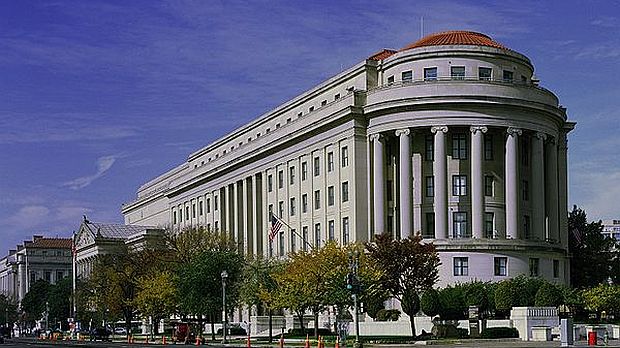FTC Acting Chairwoman Maureen Ohlhausen called 2016 “a historic year" for her agency.

The FTC last year obtained nearly US$12 billion in redress for consumers across all industries, which included a $200 million settlement with Herbalife Ltd., the multi-level marketer (MLM) of nutritional supplements and weight loss shakes.
The Herbalife settlement resolved allegations that the company deceived consumers into believing they could earn substantial money selling its products.
While the settlement ranked as the agency’s third-largest redress judgment in 2016, it was dwarfed by a $10 billion settlement order signed in October by a federal judge in an FTC (Commission) lawsuit against Volkswagen in response to a diesel emissions device scandal. The Volkswagen agreement paved the way for certain owners of VW and Audi diesel cars to sell back diesel vehicles that were purportedly equipped with illegal devices to conceal high emissions.
In a press release this week outlining the Commission’s milestones, FTC Acting Chairwoman Maureen Ohlhausen called 2016 “a historic year" for her agency.
In October, FTC announced a $1.3 billion judgment against the operators of AGM Services Inc., a purported payday lending scheme. The judgment reflected the second-largest redress of 2016, and the biggest litigated judgment ever obtained by the Commission, according to the 103-year-old agency.
In 2016, the Commission obtained a total of $11.98 billion in redress and disgorgement, FTC reported in an infographic highlighting 2016 data. The figure included default judgments, but it excluded amounts suspended based on an inability to pay.
The Commission announced the Herbalife agreement in July 2016, three months before it revealed the largest false advertising settlement in its history: the $10 billion settlement with Volkswagen.
Herbalife Settlement
FTC’s years-long probe into Herbalife concluded in 2016 with a settlement in which the company agreed to pay $200 million and restructure its business.
Under the agreement reached with the Commission and filed in the U.S. District Court for the Central District of California, two-thirds of rewards that Herbalife pays to distributors must be based on retail sales of products that are tracked and verified.
The settlement could function as guidelines for the entire MLM industry, said Douglas Brooks, a Massachusetts lawyer who has been involved in class-action litigation against MLM companies since the 1990s.
"If I were advising an MLM company, I would say ... structure your [compensation] plan to comply with this because if you don't do it, and ... if you face an enforcement action ... you could find yourself being forced to comply with this," Brooks said in a phone interview with INSIDER earlier this year.
At this point, a company could say, ‘Well ... we're not going to follow the exact rules of the Herbalife case, but we have our own set of rules that accomplish the same thing, and therefore, ... we're not liable for violating the FTC Act,’" the lawyer noted.
About the Author(s)
You May Also Like






.png?width=800&auto=webp&quality=80&disable=upscale)